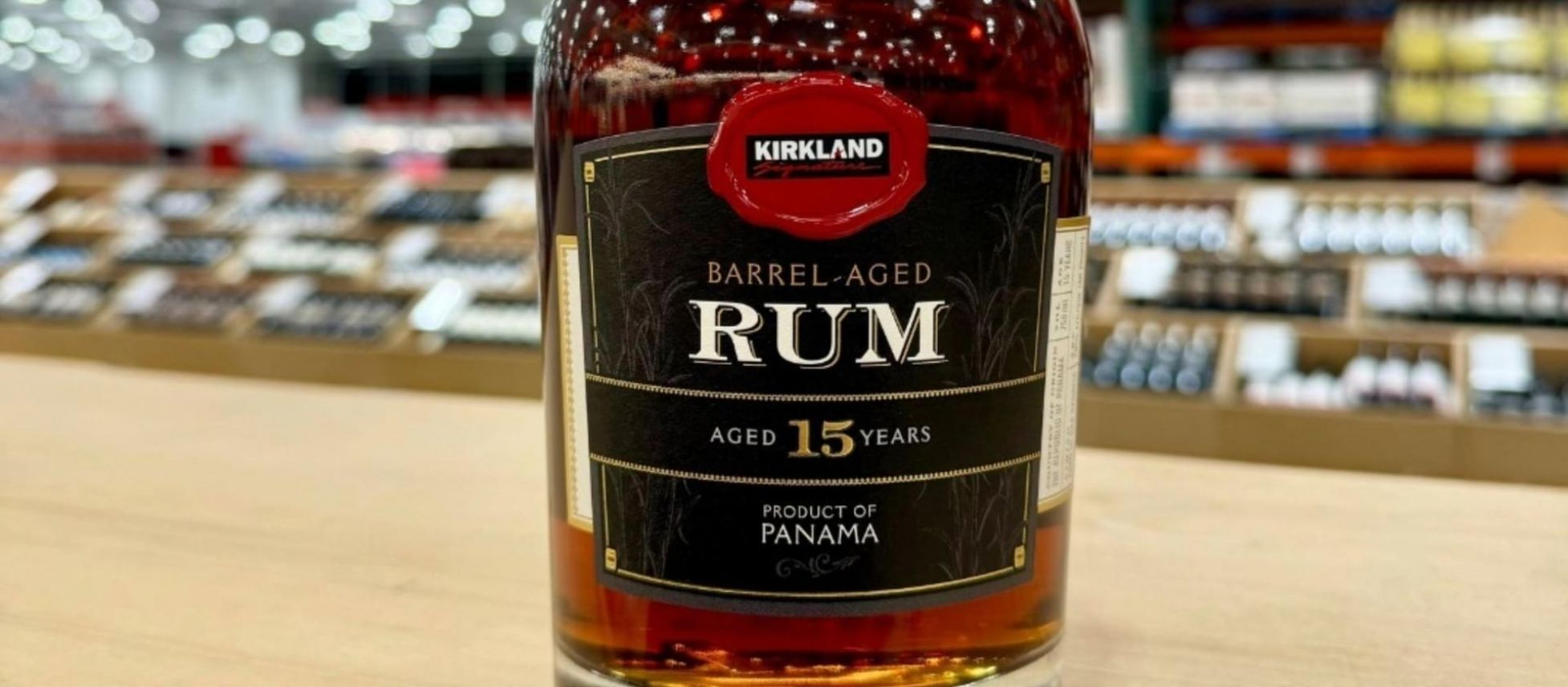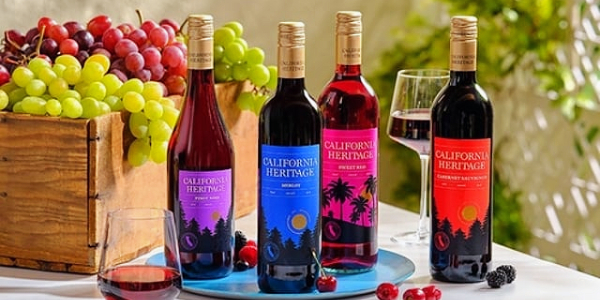Blog
Insights
The Pros of Private Label Wines and Spirits and How to Excel at it

This article delves into all the advantages of investing in a private label and why they are more than just a trend
Private label wines and spirits may not dominate mainstream conversations, yet they are quietly reshaping the beverage industry. These products, owned and branded by the stores that sell them, are ubiquitous on shelves but often overlooked as a powerful business opportunity. So, what exactly makes private labels such a lucrative venture?
In layman’s terms, a private label brand is a product owned by the retailer that sells it. Retailers purchase bulk wine and spirits from wineries and distilleries, reimagine these products through innovation, and market them under their own brand name. In this article, we’ll explore the compelling advantages of private labels and provide actionable strategies for excelling in this space.
1. Profitability: Driving Margins and Customer Loyalty
Profit is the backbone of any business, and private labels offer a significant edge in increasing profit margins. The cost of producing private label products is substantially lower compared to sourcing established national brands. This cost advantage enables retailers to price their products more competitively while maintaining higher margins. Moreover, private label items are exclusively available at the retailer’s store, effectively encouraging repeat visits and customer loyalty. For consumers, the lower prices are appealing; for retailers, the exclusivity builds a dependable revenue stream.
2. Differentiation: Standing Out in a Crowded Market
Owning a private label brand allows businesses to offer products that are distinct and tailored to their customer base. This level of customization provides an opportunity to stand out from competitors. By innovating with unique packaging, flavor profiles, or value propositions, retailers can create a brand identity that resonates with customers and reinforces brand recognition. A successful private label product not only boosts profit margins but also positions the retailer as an industry leader in innovation and customer satisfaction.
3. Pricing Flexibility and Control
With private labels, retailers have greater control over pricing strategies. Unlike national brands that dictate pricing structures, private labels give businesses the flexibility to adjust prices in response to market conditions or consumer behavior. Whether it’s a seasonal promotion or an economic downturn, having this level of control ensures the product remains competitive and profitable.
4. Agility: Faster Response to Trends
Private labels offer unparalleled agility in responding to consumer preferences. National brands often require years to reformulate products or align with trends. In contrast, private labels can pivot quickly, introducing new flavors, styles, or packaging based on direct feedback and emerging trends. This ability to adapt ensures that retailers stay ahead of the curve and consistently meet customer demands.

Image Credit: Aldi
5. Streamlined Marketing and Promotion
Retailers already have access to established marketing channels and a built-in customer base, making it easier to promote their private label products. By leveraging tools like targeted advertising, in-store promotions, discounts, and combo deals, retailers can effectively position their private label brands as affordable, high-quality alternatives to national brands. This cohesive marketing strategy ensures better visibility and drives sales.
[[relatedPurchasesItems-62]]
Excelling in the Private Label Business
While the benefits of private labels are undeniable, success requires careful planning and execution. Here are some key steps to excel:
Source Responsibly: Build relationships with trustworthy suppliers to ensure high-quality bulk wine and spirits. Reliable sourcing minimizes the risk of delays and subpar products, which can damage your brand’s reputation.
Focus on Packaging: Invest in innovative and visually appealing packaging that conveys quality and aligns with your brand identity. First impressions matter, especially in competitive retail environments.
Master Logistics and Distribution: Efficient logistics are critical for ensuring timely delivery and consistent stock levels. Collaborate with reliable distributors to streamline operations and avoid disruptions.
Implement a Strong Pricing Strategy: Conduct market research to determine competitive yet profitable pricing for your private label products. A well-thought-out pricing strategy can help attract cost-conscious customers while ensuring profitability.
Leverage Consumer Insights: Use data to understand customer preferences and adapt quickly. Whether it’s adjusting flavor profiles or introducing new products, staying aligned with consumer needs will set your brand apart.
Create a Comprehensive Marketing Plan: Highlight the unique value of your private label products through targeted campaigns. Showcase affordability, quality, and exclusivity to capture attention and drive demand.
[[relatedPurchasesItems-62]]
Private label wines and spirits represent a golden opportunity for retailers to increase profitability, build brand loyalty, and differentiate themselves in a competitive market. With careful planning—from sourcing and packaging to marketing and pricing—retailers can transform private labels into a cornerstone of their business strategy. As consumer preferences continue to evolve, the agility and customization offered by private labels position them as a driving force in the future of the beverage industry.
Header image sourced from Costco.
Related Links:
The Best Private Label Wine Offerings to Shop Right Now
From Supermarket To Award Shows: The Boom Of Private-Label Wines And Spirits
If you're a bulk wine or bulk spirits supplier, contract bottler, or private label producer aiming to connect with serious trade buyers, IBWSS San Francisco is the event you can't afford to miss. Get a quotation or Book a exhibitor table.

